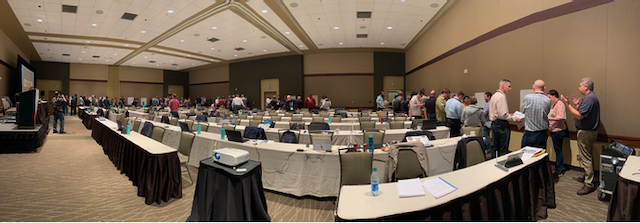Online, Resumable, and WAIT_AT_LOW_PRIORITY Operations in SQL Server
ONLINE operations in SQL Server were simple to understand for years – we got ONLINE index rebuilds in SQL Server 2005. That was it for a while.
Then, things got more complicated: we got more types of indexes. We got ONLINE options for schema changes that don’t involve indexes. We got more options for managing things like blocking, because online operations are really only mostly online: generally there’s going to be at least a short period where an exclusive lock is needed to update metadata. We now have some RESUMABLE operations coming in, too, for those big operations that are tough to handle.






